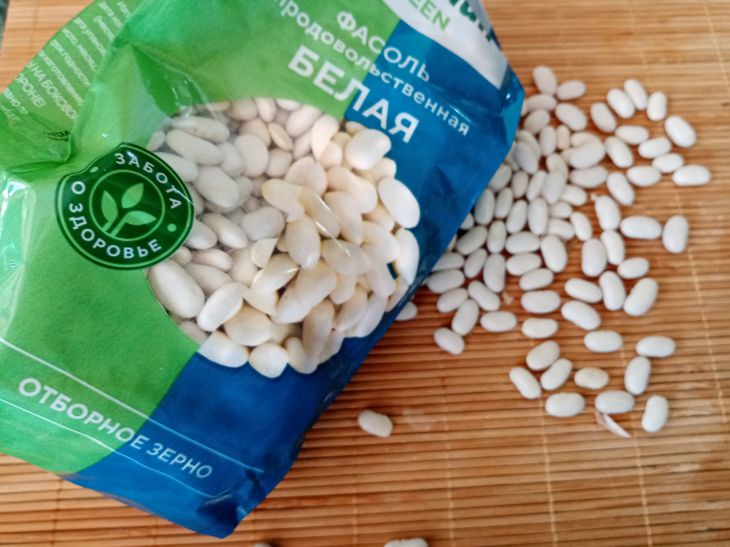There are people who believe that it is better to feed dogs natural food rather than dry food. This is a topic for lively debate.
But it is much more important in this case to find out which cereal is best to use for cooking porridge, which most often appears in a dog’s diet.
Experts have told us what cereals or porridges can be given to dogs.

The most important thing to consider for those who prefer to cook for their dog themselves is that the food must contain the required amount of fiber and carbohydrates.
Don't forget about vitamins and microelements.
But even in this case, porridge can only make up 25 to 40% of the pet's diet.
What cereal can a dog eat?
1. Buckwheat contains magnesium, iron, calcium and potassium, proteins, vitamins B and E.
Porridge has a positive effect on the nervous and circulatory systems, strengthens bones, and helps control weight.
2. Fig. A source of vitamin B, zinc, iron, potassium and calcium, magnesium. Porridge is good for the health of the heart, nervous and genitourinary systems, blood vessels and bones.
But in terms of digestion, it can cause constipation.
You can mix buckwheat and rice in a 1:1 ratio in one go with meat or vegetables.
3. Rolled oats. Useful, but can cause allergies. Oatmeal, which contains fats, amino acids, and proteins, is much safer in this regard.
What dogs shouldn't eat
Corn porridge should be excluded from the dog's diet, as it is not digested normally and leads to an exacerbation of chronic gastrointestinal diseases.
Also not suitable for feeding are pearl barley, millet, legumes and semolina, as well as all instant cereals.
Earlier we talked about what a dog owner should not do .
